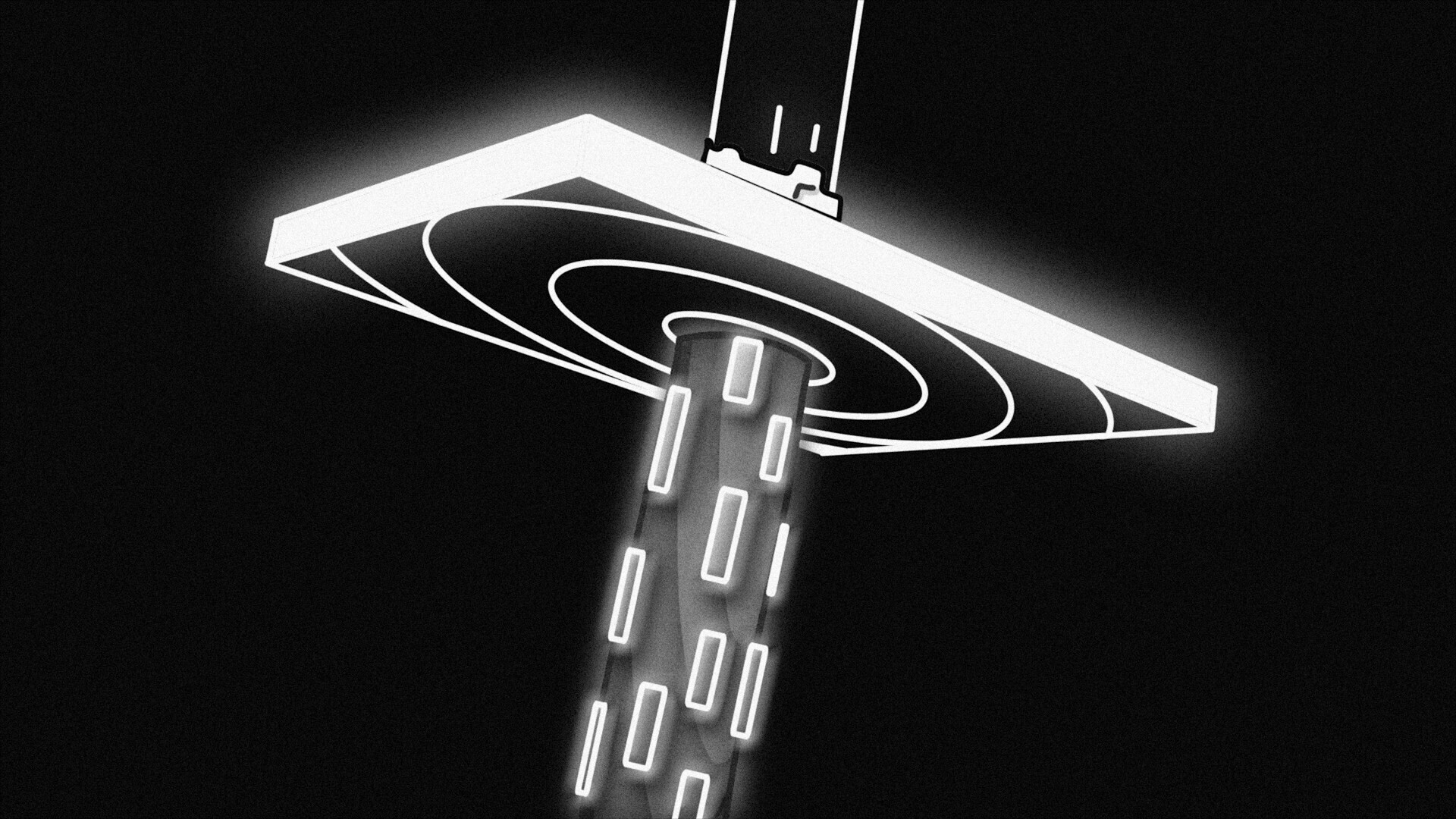World Economic Forum honours Morocco’s CITIC Dicastal as a manufacturing pioneer
CITIC Dicastal’s Morocco plant has been recognised as Africa’s first ‘Lighthouse Factory’ by the World Economic Forum, marking a significant milestone in the continent’s embrace of intelligent manufacturing, particularly among nations participating in the Belt and Road Initiative. Experts have said that this recognition also supports Africa’s industrialisation and sustainable development.

A ‘Lighthouse Factory’ represents the pinnacle of intelligent manufacturing and digitalisation, serving as a model for the best practices in applying ‘Industry 4.0’ technologies.
The latest cohort of Lighthouse Factories offers a blueprint for the accelerated deployment of artificial intelligence solutions that enhance productivity, improve problem-solving capabilities, and foster innovation, according to the World Economic Forum.
“Across our Global Lighthouse Network, digital technologies are revolutionising production ecosystems,” said Kiva Allgood, head of the Centre for Advanced Manufacturing and Supply Chains, World Economic Forum, adding, “From AI-driven control towers to zero-code workflows, Lighthouses exemplify sustainable innovation, setting benchmarks that millions can follow to drive transformational change across the entire ecosystem.”
Situated in the Atlantic Free Zone, CITIC Dicastal Morocco spans 25.33 hectares and operates across three phases dedicated to the production of aluminium wheels and castings.
With an annual capacity of six million aluminium wheels and five million aluminium castings, it represents the largest investment project since the establishment of a partnership between China and Morocco in 2016.
This is CITIC’s third Lighthouse site and its first outside China. Badr Lahmoudi, President of CITIC Dicastal Morocco, anticipates that the expertise gained at the Morocco plant will be shared with other CITIC facilities in countries and regions including Mexico, the United States, Germany, and China.
The plant employs advanced intelligent manufacturing technologies, integrating smart equipment, real-time network monitoring, big data analytics, and artificial intelligence into its production processes.
These innovations have addressed key industry challenges, including casting process control, defect detection, mould maintenance, and energy resource management, according to the company.
For instance, the ‘AI-BOX’ multitasking machine-learning algorithm enables precise temperature control during mould operations and autonomously adjusts process parameters. This system optimises over 1,700 control points and improves anomaly-handling efficiency by more than 300 per cent.
Additionally, a comprehensive mould database, created using 3D scanning and AI-fitting algorithms, proactively assesses mould conditions and provides tailored maintenance plans. This lifecycle management approach enhances productivity and reduces operational disruptions.
The adoption of artificial intelligence and big data technologies has significantly boosted operational performance, increasing overall equipment efficiency by 17.35 per cent, improving labour productivity by 26.58 per cent, and reducing the product defect rate by 31.11 per cent.
“In the field of intelligent manufacturing, CITIC Dicastal Morocco Lighthouse Factory has set a benchmark for the industry,” said Lin Shen, an associate research fellow at the Chinese Academy of Social Sciences’ Institute of World Economics and Politics. “Its successful practices inspire other enterprises to increase investment in smart equipment and ‘internet-plus’ intelligent manufacturing technologies, driving transformative changes in production methods across the sector,” Lin added.
Furthermore, Lin said the factory’s innovations in casting process control have optimised energy usage and minimised workflow waste, providing a model for low-carbon production.
According to the World Economic Forum, CITIC Dicastal Morocco has achieved a 53 per cent reduction in Scope 1 and 2 emissions. Scope 1 emissions refer to direct emissions from an organisation’s owned or controlled sources, while Scope 2 emissions are indirect emissions resulting from purchased energy generation.
“By integrating intelligent manufacturing with green development, it fosters industry-wide sustainability, enhances resource efficiency, and promotes collaborative efforts toward smart and eco-friendly growth,” Lin added.
Beyond its technological advancements, the project’s broader implications extend to Africa’s industrial development.
Zhou Mi, a researcher at the Chinese Academy of International Trade and Economic Cooperation, stated that the project could accelerate Africa’s industrialisation process, showcasing a reasonable path that combines local characteristics rather than replicating the industrial growth processes of other nations.
“This achievement reflects the strategic collaboration under the Belt and Road Initiative, fostering local employment, enhancing technological expertise, and advancing industrial and supply chain infrastructure in Africa,” Zhou said, adding, “For Morocco’s manufacturing industry, a noticeable external effect of upgrading the manufacturing level is expected,” he added.
He also highlighted that the plant, as Africa’s first ‘Lighthouse Factory,’ demonstrates how countries are pooling their collective wisdom to explore effective pathways for high-quality cooperation under the BRI through a model of consultation, joint construction, and shared benefits.
The success of this project rests on complementary cooperation, leveraging the strengths of both sides, he concluded.
CITIC Dicastal is the world’s largest producer of automotive aluminium wheels. Its products include wheels and lightweight cast components for powertrains, chassis, and body systems for the automotive industry. The company’s total annual production capacity stands at 89 million wheels and 200,000 tonnes of castings.
CITIC Dicastal operates 29 major manufacturing facilities across China, the United States, Europe, and Africa.
This news is also available on our App 'AlCircle News' Android | iOS
.jpg/0/0)





















